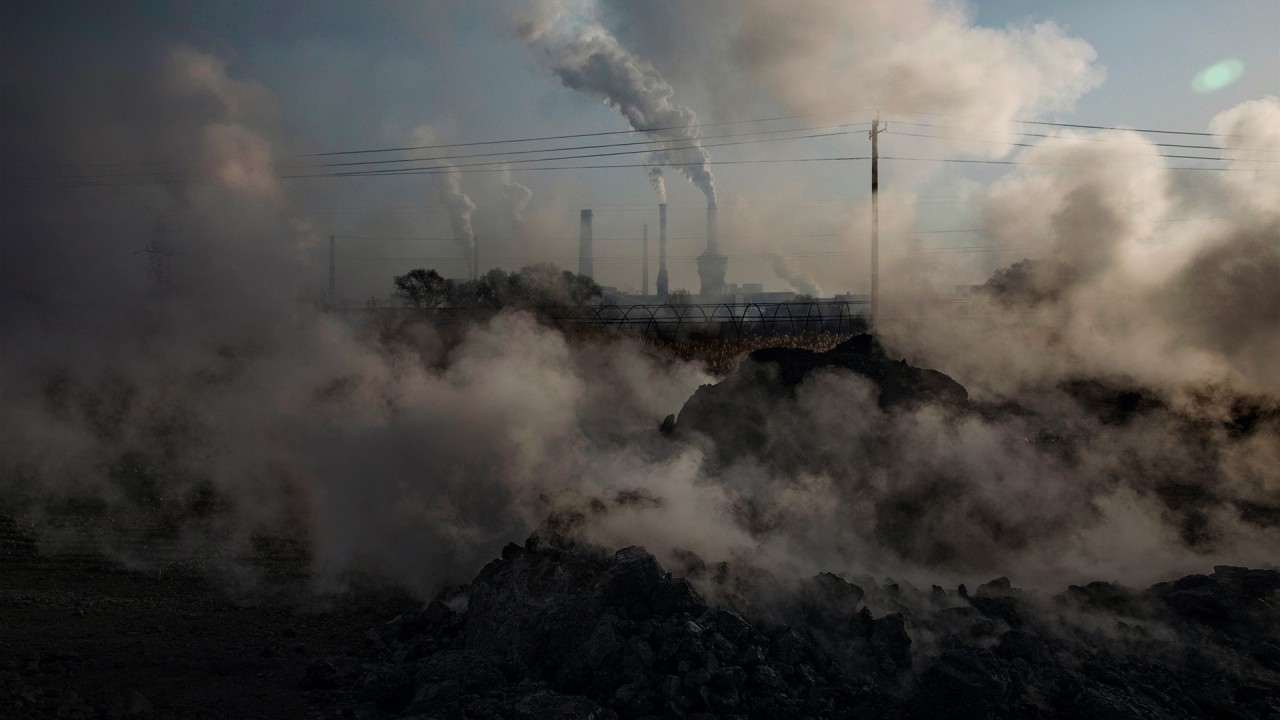
COP26 climate talks: too much hot air for cooler heads to prevail
- Sadly, a global consensus on a problem does not equate to global action on the solution
- Leaders with an eye on the next election are simply not going to let people freeze no matter how rational the negotiated carbon reduction goals
The plain Biden is a Catholic with a role-model wife, a wretched US Congress and rosaries in his pocket (it is reported). With the pontiff, he seemed entirely in his element: joking and calling for greater kindness in the world.
The two discussed climate and inequality problems. Right, Biden is no second coming of Theodore Roosevelt, but nor is he the global embarrassment that his predecessor was. He deserves a better Congress at home, a successful crisis response internationally and divine intervention to get worthy domestic programmes off the ground.
Nothing of this magnitude will happen in Glasgow during COP26, the United Nations climate conference, of course. It’s sad beyond redemption; the summit is about nothing less than the future health of this planet, if one is to believe the overwhelming scientific consensus, as one must – for if we give up on science, we give up on using our brains as a survival tool.
But human nature is not just data-based; social scientists cannot immunise our body politic against national interest seeking the way medical scientists have a shot at ending global pandemics.
The convocation in Glasgow has assembled with plenty of urgency but forgotten about the need for agency. At best, it’s a messy mass of leaders forced into national interest silos no matter how majestic (or sincere) their climate visions.
So even a reasonably solid and specific global consensus on a problem does not equate to global action on the solution. The short term is now, or the next election, or even the next climate conference; in the long run, as a famous economist once said, we are all dead.
The notion of a functional world government is to be found solely in pristine university textbooks, in the occasional Security Council resolution taken under Chapter VII of the United Nations Charter, or in our sweet dreams of global peace and justice.
There are too many nations; too many cooks spoil the menu of action. Take, for example, the European Union (now down to 27 members): however worthy the pioneering idea of this regional entity, all these tribes can scarcely get their act together.
Bilateral accords are not easy to get, but they are possible, and we shouldn’t gainsay them. There may, in fact, be a good one coming close to the surface right now. And what a potential shocker: a measurable thaw in frozen North-South Korean relations.
Not nothing, this minor but meaningful development has been hailed by South Korea’s understandably hopeful Unification Minister Lee In-young as a reboot of inter-Korean relations. If he is right, there may be light at the end of the political tunnel after decades of misery.
Further progress towards normalisation and denuclearisation is possible if the two Koreas develop measures of trust, while limiting the involvement of non-Koreans as much as is politically feasible. At its heart, the brutal bifurcation of the peninsula can be bridged only by those who want it most; and these are many (though not all) Koreans.
In this diplomatic dance, only the two Koreas should tango; multiparty intervention will help inter-Korean relations about as much as COP26 will advance climate action.
Half-baked internationalism forces the action-oriented among global citizens to default in despair to national deals. Yet, even at this more sensible and enforceable lower level, the political going can be rough.
Swirling global trends, from pandemics to economic inequality, produce killer winds of resentment. The poor are expected to use less coal while the affluent scamper off to their mountain retreats in private jets.
Even so, the rich are more likely to remain in dismissive denial – while on their yachts or in their corporate suites, guarded by lawyers – than to submit to a reckoning on the basis of what is just and fair.
That day of reckoning won’t come this week or next in Glasgow. So do look at those overheated press releases with open eyes. Yet, I do hope my morbid analysis will be proved wrong.
LMU Clinical Professor Tom Plate is the author of 13 books and has been writing newspaper columns about Asia and America since 1996


